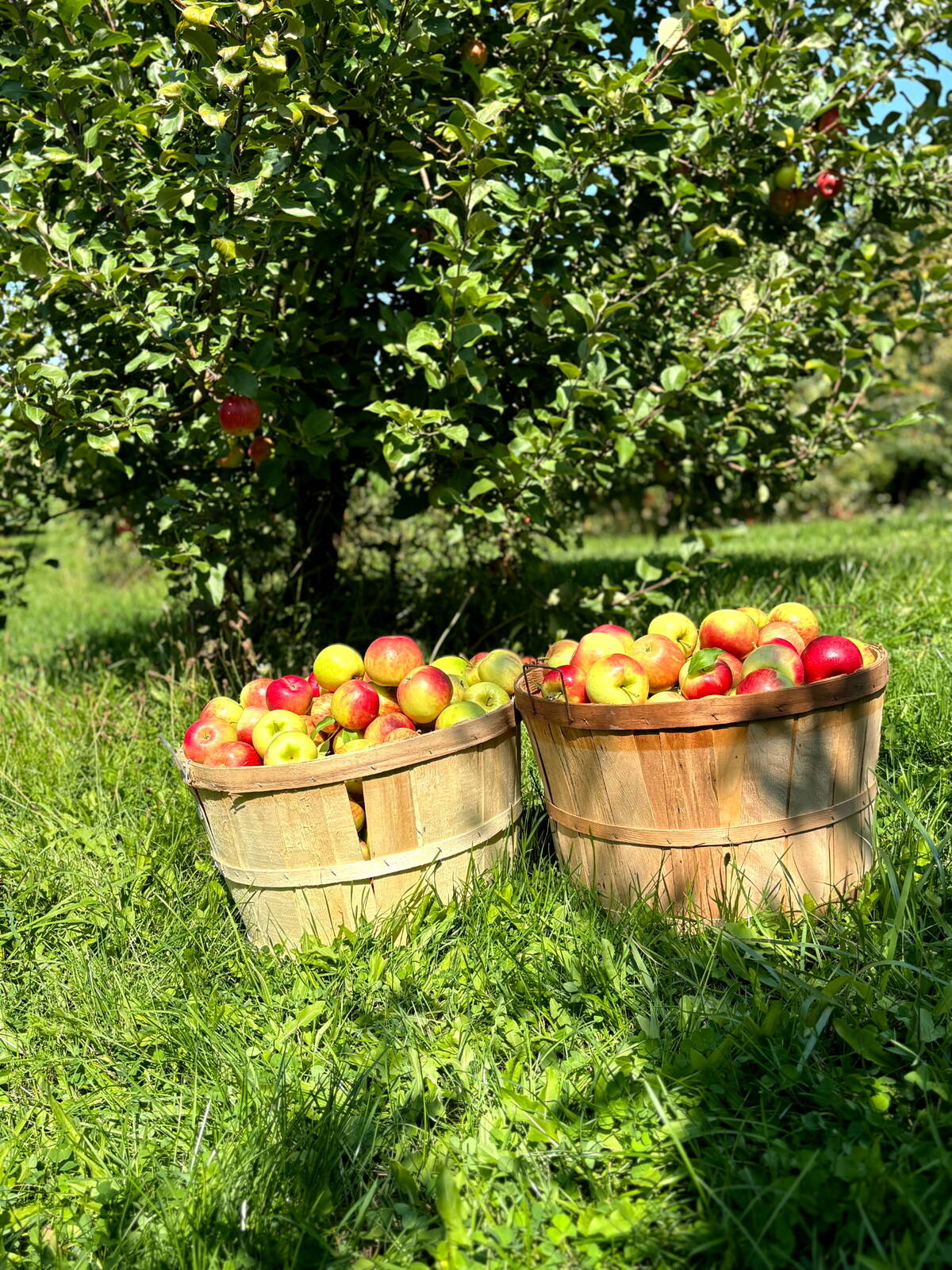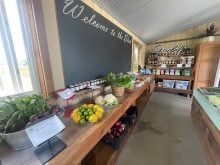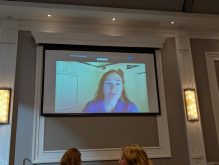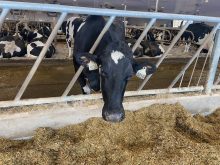The new Collaborative Doctor of Veterinary Medicine program is moving forward with the construction of a large animal education facility at Lakehead University’s Thunder Bay campus.
The University announced that the Request for Proposal process for the construction of the new facility will begin shortly. The facility will house the new veterinary program, a collaboration between Lakehead and the University of Guelph’s Ontario Veterinary College designed to address the critical veterinarian shortage in northern Ontario.
Read Also

Farmers taking to social media to spread the word about the cost of farm thefts
A rash of farm thefts in Ontario have left farmers looking for new ways to help customers understand the cost of stealing goods.
Why it matters: The collaborative program aims to transform the delivery of veterinary medicine in the north.
The collaborative university partnership aims to graduate highly skilled individuals who can deliver critical services and build economic resilience, particularly in underserved areas.
“People who live in northern Ontario deserve equal access to services found in the rest of the province, and that includes medical care for our pets and farm animals,” said Dr. Gillian Siddall, Lakehead University president and vice-chancellor, in a press release.
Lakehead’s competitive request for proposals will involve renovating existing spaces and constructing a new large-animal education facility.
According to Siddall, once completed, the campus facility will house cows, horses, sheep, dogs, and other live animals.
Lakehead’s cohort of 20 students is only open to northern Ontario residents covering the Districts of Algoma, Cochrane, Kenora, Manitoulin, Nipissing, Parry Sound, Rainy River, Sudbury, Thunder Bay, and Timiskaming. It will emphasize incorporating Indigenous culture, perspectives, and approaches to animal care.
The 2025 and 2026 cohorts will complete the entire Colllaborative Doctor of Veterinary Medicine program at the University of Guelph, while the 2027 northern intake is projected to spend the first two years at Lakehead and the final two years at U of G.
“Solutions for the north need to be homegrown in the north to meet our unique needs,” said Siddall. “As an avid animal lover and champion for local economic growth, I am proud to enter this first-of-its-kind partnership with the University of Guelph to educate northern students who plan to build their practice in underserved communities. Help is on the way.”
Lakehead’s program offers students experiential learning opportunities to collaborate with local veterinarians while completing core courses focused on northern practices, ultimately leading to a Doctor of Veterinary Medicine degree from the Ontario Veterinary College.
The provincial investment of $14.7 million, including $4.5 million to support Lakehead’s capital build requirements, will help address the critical veterinary shortage in Northern Ontario and promote skill retention and access in rural communities.
Additionally, the government offers grants of up to $50,000 over five years to 100 recent veterinary graduates through the Veterinary Incentive Program if they agree to treat large animals in underserved areas.
“If you could materialize five full-time veterinarians right now in Thunder Bay, they would be fully booked tomorrow,” said Dr. Domenic Sanzo, Thunder Bay Veterinary Hospital veterinarian and partner, in a statement.
Some would argue he wants to recruit graduates for his practice, said Sanzo, but he doesn’t care where they end up.
“I just need help,” he stated. “We should be working as a collaborative group to succeed because there’s plenty of business for all of us. Let’s make sure we have success for everybody involved here.”













